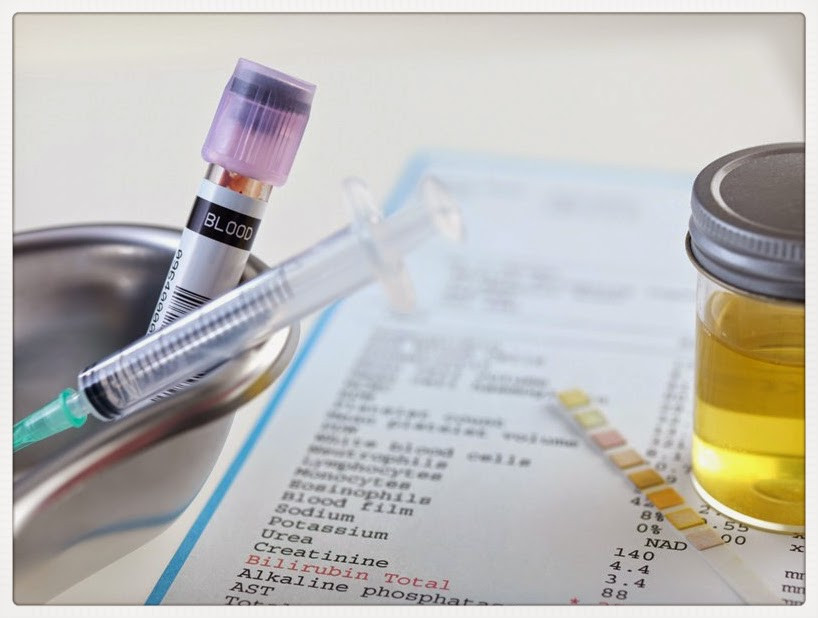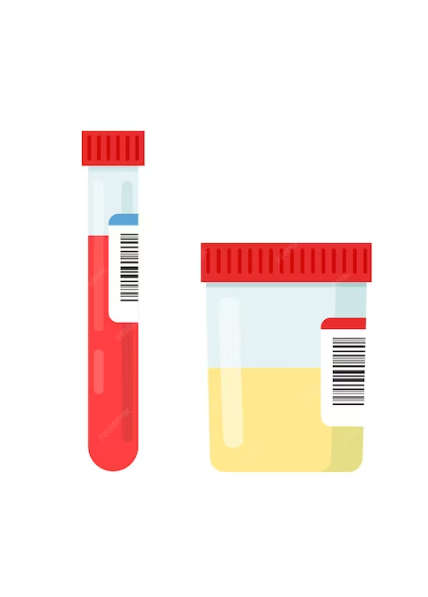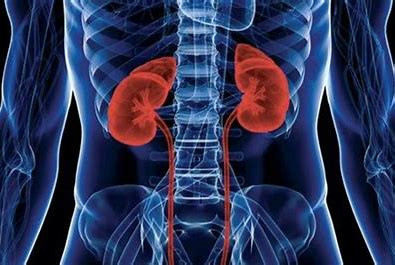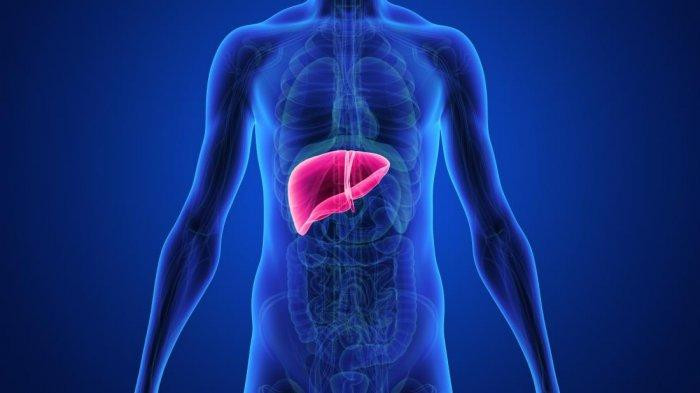Definition
Globulin is a group of proteins in the blood that are primarily produced by the liver. There are several types of globulin proteins, each playing a vital role in bodily functions, including:
-
Blood clotting: Globulin proteins are essential in the process of blood clot formation.
-
Liver function: They assist in maintaining liver health and its various functions.
-
Nutrient delivery: Globulins help transport important nutrients throughout the body.
-
Immune system support: Certain globulin proteins are crucial in helping the immune system fight infections.
There are two main types of tests used to assess globulin levels:
-
Total Protein Test
This test measures the total amount of protein in your body, including both albumin and globulin proteins. It is often part of a liver function test, which also examines liver enzymes and proteins in the blood.
-
Serum Protein Electrophoresis
This test specifically determines the levels of each type of protein in your body, including the various types of globulin proteins. These levels can provide valuable information about the functioning of your immune system.
Indication
The globulin test is typically used in the following cases:
-
As part of a screening test in a general medical check-up
-
To support a diagnosis if there are symptoms or signs indicating potential issues, such as:
-
Yellowing of the skin and eyes (jaundice)
-
Swelling in the abdomen
-
Swelling of the legs
-
Dark-colored urine
-
Itching of the skin
-
Liver or kidney disorders
-
Nutritional deficiencies
-
Suspected autoimmune diseases or cancer
-
-
To monitor the progress of a patient's medical condition to determine if it is improving or worsening
Contraindication
There are no specific medical conditions that would prevent a person from undergoing a globulin test. This test can be performed on anyone without restrictions.
Preparation Before the Test
The globulin test does not require special preparation. However, if you are taking medications regularly, especially corticosteroids, birth control pills, or insulin for diabetes, it is important to consult your doctor before the test, as these medications can affect globulin levels.
If you are undergoing other tests, such as a 2-hour postprandial glucose test, you may be instructed to fast (not eat) for several hours before the test. Your doctor or healthcare provider will provide any additional instructions regarding preparation for the test.
Test Procedure
The globulin test generally requires a blood serum sample of 0.25–0.5 ml. This blood sample is collected from a vein, typically in the elbow crease, and placed into a specialized tube for analysis. The laboratory staff will wear gloves and Personal Protective Equipment (PPE) during the procedure.
Before collecting the blood, an elastic band will be applied to your arm to make the veins more visible. The area will then be cleaned with antiseptic gauze. Once the blood is drawn, the elastic band will be removed, and pressure will be applied to the puncture site to stop any bleeding. The procedure usually takes just a few minutes. The blood sample will be examined in the laboratory using specialized equipment, and the results are typically available within a few hours.
The risks associated with the globulin test are minimal. Some people may experience mild pain, dizziness, or bruising at the blood draw site, but these effects generally resolve quickly.
Normal and Abnormal Values
The following are the normal ranges for various types of globulin:
| Globulin Type | Normal Range (g/dL) |
| Globulin | 2.0 - 3.5 |
| Alfa-1 Globulin | 0.1 - 0.3 |
| Alfa-2 Globulin | 0.6 - 1.0 |
| Beta Globulin | 0.7 - 1,2 |
| Gamma Globulin | 0.7 - 1.6 |
The test results are considered abnormal if they fall below or above these ranges. However, it is important to note that normal ranges can vary slightly between laboratories due to differences in the equipment or methods used.
Results and Recommendations (Follow-up Tests)
Low Globulin Levels
Low globulin test results generally suggest a potential issue with your liver or kidneys that may require further examination. Additionally, low levels of beta globulin can be associated with malnutrition and low LDL cholesterol. A reduction in alpha-2 globulin levels can indicate the breakdown of red blood cells (hemolysis).
Normal Globulin Levels
Normal globulin test results indicate a healthy balance of carrier proteins, enzymes, and antibodies in your body. To maintain this healthy state, it is essential to follow a balanced diet, engage in regular physical activity, and have regular health check-ups.
High Globulin Levels
High globulin test results can indicate several conditions, such as:
-
Infection
-
Inflammation
-
Immune system disorders
-
Certain cancers, including:
-
Multiple myeloma (a type of bone marrow cancer)
-
Hodgkin's lymphoma (a cancer affecting the lymph nodes)
-
Malignant lymphoma (a cancer attacking lymphocytes, a type of white blood cell)
-
-
Dehydration
-
The use of certain medications, such as amiodarone, which is used to treat heart rhythm disorders
Consult the Right Doctor
If your globulin test results are abnormal, it is advisable to consult a general practitioner or an internal medicine specialist for further evaluation. For pediatric patients, a pediatrician can provide more specific information and therapy.
The globulin test results alone cannot be used to make a definitive diagnosis, so your doctor may recommend additional tests, a review of your medical history, or other examinations before determining the cause of the abnormal results.
Looking for more information about laboratory, radiology, and other examination results? Click here!
- dr Hanifa Rahma
Globulin Test. (2022). Retrieved 27 July 2022, from https://medlineplus.gov/lab-tests/globulin-test/
Total Protein anda A/G Ratio. (2022). Retrived 27 July 2022, from https://www.urmc.rochester.edu/encyclopedia/content.aspx?contenttypeid=167&contentid=total_protein_ag_ratio
Immunoglobulin. (2022). Retrived 27 July 2022, from https://www.ncbi.nlm.nih.gov/books/NBK513460/
Globulin Blood Test. (2022). Retrived 27 July 2022, from https://my.clevelandclinic.org/health/diagnostics/22365-globulin-blood-test
What is a Total Serum Protein. (2021). Retrived 27 July 2022, from https://www.webmd.com/a-to-z-guides/what-is-a-total-serum-protein-test
Protein Electrophoresis. (2020). Retrived 27 July 2022, from https://www.mountsinai.org/health-library/tests/protein-electrophoresis-serum












